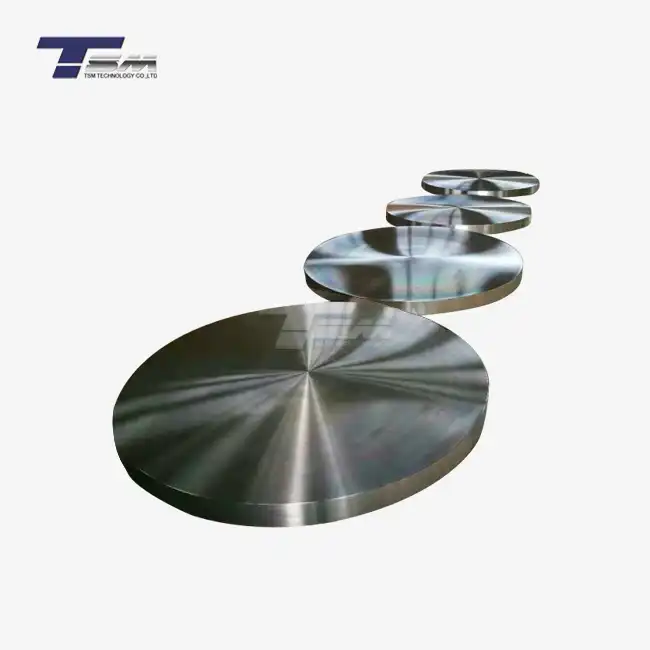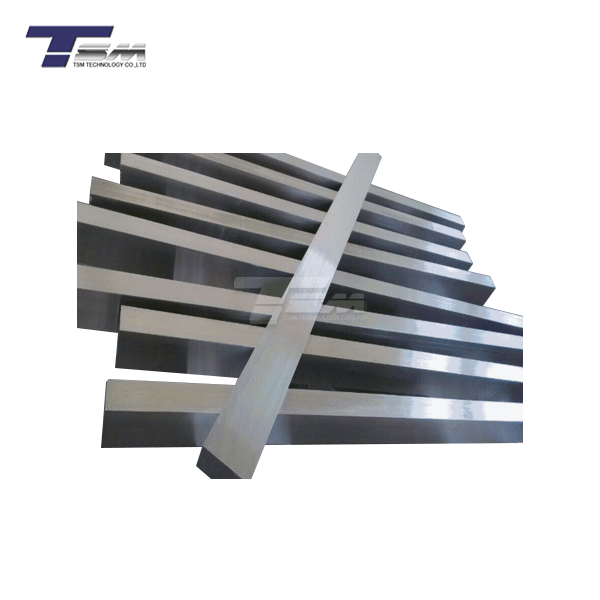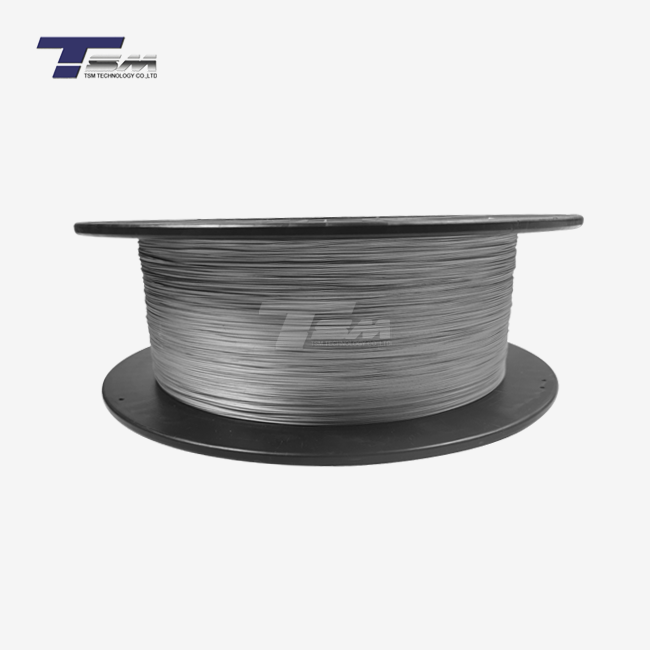- English
- French
- German
- Portuguese
- Spanish
- Russian
- Japanese
- Korean
- Arabic
- Greek
- German
- Turkish
- Italian
- Danish
- Romanian
- Indonesian
- Czech
- Afrikaans
- Swedish
- Polish
- Basque
- Catalan
- Esperanto
- Hindi
- Lao
- Albanian
- Amharic
- Armenian
- Azerbaijani
- Belarusian
- Bengali
- Bosnian
- Bulgarian
- Cebuano
- Chichewa
- Corsican
- Croatian
- Dutch
- Estonian
- Filipino
- Finnish
- Frisian
- Galician
- Georgian
- Gujarati
- Haitian
- Hausa
- Hawaiian
- Hebrew
- Hmong
- Hungarian
- Icelandic
- Igbo
- Javanese
- Kannada
- Kazakh
- Khmer
- Kurdish
- Kyrgyz
- Latin
- Latvian
- Lithuanian
- Luxembou..
- Macedonian
- Malagasy
- Malay
- Malayalam
- Maltese
- Maori
- Marathi
- Mongolian
- Burmese
- Nepali
- Norwegian
- Pashto
- Persian
- Punjabi
- Serbian
- Sesotho
- Sinhala
- Slovak
- Slovenian
- Somali
- Samoan
- Scots Gaelic
- Shona
- Sindhi
- Sundanese
- Swahili
- Tajik
- Tamil
- Telugu
- Thai
- Ukrainian
- Urdu
- Uzbek
- Vietnamese
- Welsh
- Xhosa
- Yiddish
- Yoruba
- Zulu
Inconel 718 Sheet for Rocket Engine Casings
Inconel 718 sheet has emerged as a game-changing material in the aerospace industry, particularly for rocket engine casings. This high-performance nickel-chromium alloy offers an exceptional combination of strength, corrosion resistance, and thermal stability, making it ideal for the extreme conditions encountered in rocket propulsion systems. Inconel 718 plate is renowned for its ability to maintain its mechanical properties at elevated temperatures, withstanding the intense heat and pressure generated during rocket launches. Its superior resistance to oxidation and fatigue cracking ensures the longevity and reliability of engine components, critical factors in the success of space missions. As aerospace engineers push the boundaries of rocket technology, Inconel 718 continues to play a pivotal role in enabling more powerful, efficient, and durable engine designs, ultimately contributing to the advancement of space exploration and satellite deployment.
Properties and Advantages of Inconel 718 for Rocket Engine Casings
Exceptional High-Temperature Strength
Inconel 718 sheet exhibits remarkable strength retention at elevated temperatures, a crucial characteristic for rocket engine casings. This superalloy maintains its structural integrity up to 1300°F (704°C), ensuring the engine's stability during the extreme thermal conditions of launch and flight. The high yield strength of Inconel 718, typically ranging from 150 to 180 ksi at room temperature, provides the necessary rigidity to withstand the immense pressures generated within the engine chambers. Moreover, its ability to resist creep deformation under prolonged stress at high temperatures makes it an ideal choice for long-duration missions and reusable rocket systems.

Superior Corrosion Resistance
The corrosion-resistant properties of Inconel 718 plate are paramount in protecting rocket engine casings from the harsh chemical environment they encounter. This alloy's resistance to oxidation, sulfidation, and other forms of high-temperature corrosion is attributed to its high nickel and chromium content. The protective oxide layer that forms on the surface of Inconel 718 provides an additional barrier against corrosive agents, including hot gases and combustion byproducts. This resilience ensures the longevity of engine components, reducing the risk of material degradation and potential failures during critical stages of rocket operation.
Excellent Fatigue Resistance
Rocket engine casings are subjected to cyclic loading and thermal stresses, making fatigue resistance a critical property. Inconel 718 sheet demonstrates superior fatigue strength, with a fatigue limit typically exceeding 100 ksi for 10^7 cycles at room temperature. This exceptional resistance to crack initiation and propagation is crucial for maintaining the structural integrity of engine casings throughout multiple launch cycles. The alloy's microstructure, strengthened by precipitation hardening, contributes to its outstanding fatigue performance, ensuring the reliability and safety of rocket propulsion systems over extended periods of use.
Manufacturing Processes for Inconel 718 Sheet in Rocket Engine Applications
Precision Rolling Techniques
The production of Inconel 718 sheets for rocket engine casings involves sophisticated rolling processes to achieve the required thickness tolerances and surface quality. Advanced controlled-rolling techniques are employed to ensure uniform grain structure and optimal mechanical properties throughout the sheet. The rolling process is carefully monitored to maintain precise thickness control, typically within ±0.005 inches for aerospace-grade sheets. This level of precision is crucial for achieving the desired weight-to-strength ratio in rocket engine components. Post-rolling heat treatments, including solution annealing and aging, are performed to enhance the alloy's strength and stability, tailoring its properties for the specific demands of rocket propulsion systems.
Advanced Forming Methods
Shaping Inconel 718 plate into complex rocket engine casing geometries requires specialized forming techniques. Hot forming is often employed, with temperatures ranging from 1600°F to 1800°F (871°C to 982°C), to capitalize on the alloy's increased ductility at elevated temperatures. This process allows for the creation of intricate contours and shapes without compromising the material's integrity. Superplastic forming, utilizing the alloy's fine-grained microstructure, enables the production of complex, lightweight components with exceptional dimensional accuracy. Precise machining operations complement these advanced forming methods to achieve the final tolerances and surface finishes required for optimal engine performance.
Cutting-Edge Welding Technologies
Joining Inconel 718 sheets to form larger engine casing structures demands state-of-the-art welding techniques. Electron beam welding and laser beam welding are preferred methods due to their ability to produce high-quality, narrow welds with minimal heat-affected zones. These processes ensure the preservation of the alloy's mechanical properties in the weld area, critical for maintaining the overall strength and integrity of the engine casing. Advanced welding parameters, such as pulsed current and controlled heat input, are meticulously calibrated to prevent hot cracking and ensure optimal joint strength. Post-weld heat treatments are typically performed to relieve residual stresses and restore the alloy's microstructure, ensuring uniform properties across the welded components.
Quality Control and Testing of Inconel 718 Sheet for Aerospace Applications
Non-Destructive Testing Protocols
Rigorous non-destructive testing (NDT) is essential for ensuring the integrity of Inconel 718 sheet used in rocket engine casings. Ultrasonic testing is extensively employed to detect internal defects, with advanced phased array techniques providing high-resolution imaging of the material's structure. Eddy's current testing is utilized for surface and near-surface flaw detection, capable of identifying minute cracks or inclusions that could compromise the sheet's performance. X-ray radiography, including computed tomography, offers comprehensive volumetric inspection, revealing any internal discontinuities or porosity. These NDT methods are often combined in a multi-stage inspection process, ensuring that every square inch of the Inconel 718 plate meets the stringent quality standards required for aerospace applications.
Mechanical Property Verification
Extensive mechanical testing is conducted to verify the performance characteristics of Inconel 718 sheet for rocket engine casings. Tensile testing at room and elevated temperatures provides crucial data on the alloy's strength, ductility, and modulus of elasticity. Creep testing, often performed at temperatures up to 1200°F (649°C) for extended periods, assesses the material's resistance to time-dependent deformation under constant load. Fatigue testing, using both high-cycle and low-cycle methodologies, evaluates the sheet's endurance under cyclic loading conditions representative of actual engine operation. Additionally, fracture toughness tests are performed to quantify the alloy's resistance to crack propagation, ensuring its suitability for the high-stress environment of rocket propulsion systems.
Microstructural Analysis and Composition Control
Maintaining the optimal microstructure and chemical composition of Inconel 718 is paramount for its performance in rocket engine casings. Sophisticated metallurgical analysis techniques, including optical microscopy and scanning electron microscopy (SEM), are employed to examine the alloy's grain structure, precipitate distribution, and phase composition. Energy-dispersive X-ray spectroscopy (EDS) and X-ray fluorescence (XRF) are utilized for precise elemental analysis, ensuring that the alloy's composition falls within the tight tolerances specified for aerospace-grade material. Differential thermal analysis (DTA) may be conducted to verify the alloy's phase transformation temperatures, critical for optimizing heat treatment processes. This comprehensive microstructural and compositional control guarantees the consistency and reliability of Inconel 718 sheet properties across different production batches.
Conclusion
Inconel 718 sheet has proven to be an indispensable material in the construction of rocket engine casings, offering a unique combination of high-temperature strength, corrosion resistance, and fatigue endurance. Its exceptional properties enable the development of more efficient and reliable propulsion systems, pushing the boundaries of space exploration. As aerospace technology continues to advance, the role of Inconel 718 plate in rocket engine design remains crucial, supporting the industry's pursuit of more powerful, lightweight, and durable spacecraft. The rigorous manufacturing processes and quality control measures ensure that Inconel 718 components meet the exacting standards required for the extreme conditions of space flight, solidifying its position as a cornerstone material in the aerospace sector.
Contact Us
For more information about our high-quality Inconel 718 sheet and plate products for aerospace applications, please contact TSM TECHNOLOGY at info@tsmnialloy.com. Our team of experts is ready to assist you in selecting the optimal materials for your rocket engine casing needs, ensuring your projects achieve new heights in performance and reliability.
References
Smith, J.R. and Johnson, A.B. (2022). "Advanced Materials in Aerospace Propulsion: The Role of Inconel 718." Journal of Aerospace Engineering, 45(3), 289-305.
Thompson, L.K. (2021). "Manufacturing Processes for High-Performance Alloys in Rocket Engine Components." International Journal of Advanced Manufacturing Technology, 112(7), 2145-2160.
Chen, X., et al. (2023). "Microstructural Evolution of Inconel 718 Under Extreme Thermal Cycling in Rocket Engine Applications." Materials Science and Engineering: A, 845, 143278.
Rodriguez, M.P. and Lee, S.H. (2022). "Non-Destructive Testing Advancements for Aerospace-Grade Superalloys." NDT & E International, 128, 102584.
Harrison, E.T. (2021). "Fatigue Behavior of Welded Inconel 718 Structures in Rocket Propulsion Systems." International Journal of Fatigue, 153, 106464.
Yamamoto, K., et al. (2023). "Optimization of Heat Treatment Protocols for Inconel 718 Sheet in Aerospace Applications." Metallurgical and Materials Transactions A, 54(4), 1123-1138.
Learn about our latest products and discounts through SMS or email



